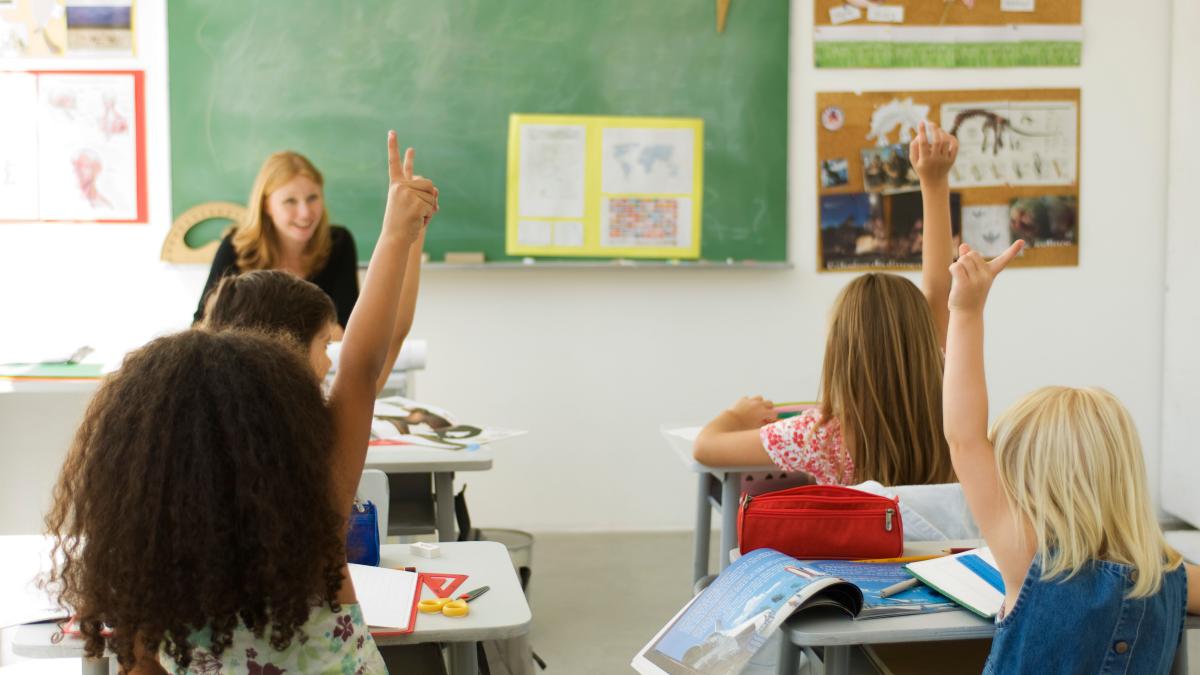Helping children and adults to develop skills they need to fully participate in an information society is central in a librarian’s mission of providing the highest quality library and information service in society. Books help children read. They are more helpful than reading schemes because they promise and provide pleasure in reading سایت ایران آموزشگاه.
Both teachers and school librarians should be influential in the child’s reading process but they need good knowledge of children’s literature so that they can choose and help these young readers at all levels (Samara, 2002).
The Library Association (1991) singled out four areas as being enhanced by reading and use of a variety of sources of information namely: intellectual and emotional development; language development; social development; and educational development. In view of this there is every reason for teachers and librarians to promote reading in school. What then is reading?
Current attempts to define reading tend to regard it as a thinking process with attention focused on comprehension. That is to say reading is a mechanical and thoughtful process requiring the reader to understand what the author is endeavoring to communicate and to contribute his own experience and thoughts to the problem of understanding. As far back as 1913 Huey began formulating such ideas as can be noted from his frequently quoted words:
Reading is perceived as a progressive social phenomenon in that it is a means of forming people’s social consciousness; it is used as an instrument in implementing the task of continuing education and raising pupils cultural standards. In brief it is a means of increasing professional knowledge and skills and drawing people into a more creative life.
In Sierra Leone, however, the task of ensuring that children learn to read, and of finding ways of helping them to do so is one of general concern to all teachers in both primary and secondary schools. One of the reasons why teachers are eager to help pupils to learn to read is that in modern society literacy is essential. In helping children to read they will not only be able to read but that their reading will develop into life-long habit. Thus a great deal of attention in schools is paid to:
Reading in schools in Sierra Leone is embedded in the curriculum and is a continuum starting from pre-primary through primary to secondary schools, as an important studying skill. At both the pre-primary and primary school levels specific reading periods are slotted on the timetable ranging from fifteen to thirty minutes.
Reading and Comprehension is a stand alone subject and children are taught not only to learn to read but also to read to learn for self-enhancement, experience sharing and recreation. Thus varied forms of literature are used notably poetry, fiction, drama magazines, newsletters and newspapers as well as non fiction, with the latter cutting across the subjects taught in school.
At pre-primary level teachers help pupils read by giving each pupil a copy of primer readers and encourage them to glance through pictures and ask questions about them as a way of stimulating their curiosity. Slips of papers bearing each pupil’s name are clipped to the primer for them to assume responsibility for keeping them clean.
The teacher also demonstrates to pupils how to open these books carefully and flipping pages from front to back at a time to avoid damage. A few short sentences consisting of three to four letter words are read with pupils following in their books. After a while pupils are called upon to re-read each sentence orally.
The main purpose of such a lesson is to introduce pupils to books and to teach them something useful regarding their care. Each lesson is different in design from all subsequent ones in order for the reading lesson to be of value to pupils. Typical lesson plans for teaching reading in schools include the following:
At the primary school level pupils read for a much longer time entire passages and if possible a whole story. They are also taught either to read as a class or divided into groups, and this exercise could be teacher-guided silent or oral reading; silent study with workbooks; dictionary or practice reader, or dramatization and choral reading exercises. Chief exercises of oral reading include reading aloud from books especially readers, notices, stories, poems and adverts. The value of oral reading exercise in school include:
